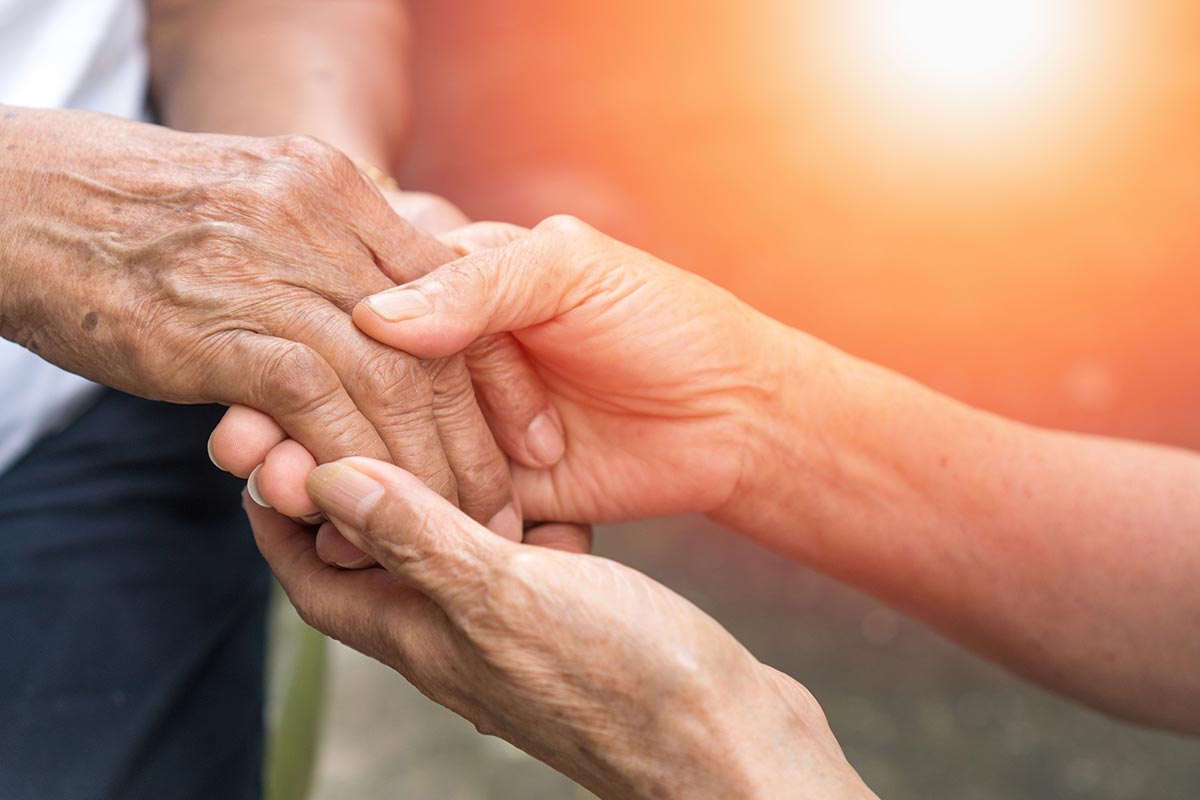Elder abuse is a common yet underreported problem within the United States. According to the CDC, about 1 in 10 people aged 60 or older who live at home experience some type of abuse. From 2002-2016, over 640,000 older adults were treated in the ER for nonfatal assaults. This abuse includes physical, sexual, emotional/psychological, or financial abuse and neglect.
Unfortunately, older adults often struggle to advocate for themselves or their peers due to uneven power dynamics between them and their abusers. Typically these abusers are their caregivers and people they trust most, adding more difficulty to accessible and safe reporting. Moreover, sometimes we are physically separated from our loved ones, making certain means of intervention difficult. These obstacles in the way of reporting can lead to more cases and an environment that doesn’t cater to those suffering. So how do we provide a safer and more proactive space?
How to Prevent Elder Abuse Within Your Community
Several factors can contribute to the reduced risk and frequency of abuse toward older adults. Understanding and educating ourselves and others about these is the first step to preventing this abuse from continuing in our communities.
Listen
Connecting and listening to older adults about their experiences is very impactful. Forming bonds of trust and open spaces to discuss complex topics like this creates inclusivity for anyone experiencing abuse or knowing of it happening.
Report
If you or someone suspects an older adult is experiencing abuse, notify the proper authorities as soon as possible. Resources can include local adult protective services, long-term care ombudspersons, or the police. The National Center on Elder Abuse also offers resources for every state that you can find here.
Education
Like this article and others, education is the first step in an ongoing process of preventing abuse. Teaching yourself and others to recognize signs of abuse and how to report it can reduce the risk and number of cases. Check out Mandated Reporter’s elder abuse training program.
Check-In and Visit
Neglect is a severe and pervasive form of elder abuse. Performing check-ins and other visits help to provide older people with outlets for emotional/human connection and can also help combat any issues that may arise without frequent attention.
Assist Over-Burdened Caregivers
Promoting emotional well-being to those who help care for older people is also essential. Any type of caregiving job can be stressful and emotionally encumbering for many reasons. It’s critical to recommend these caregivers support outlets such as family, friends, local relief care groups, adult day care programs, or counseling.
Prevent Substance Abuse Issues
Substance abuse is thought to be a hidden epidemic in the elderly community with little research and resources dedicated to it. According to the National Institute on Drug Abuse (NIDA) a research study completed in 2018 showed that nearly a million adults aged 65+ struggled with a substance abuse disorder. In addition to the health risks they pose, they can also increase risks of isolation and hide other issues. Learn more about how to navigate conversations about addiction here.
Researching Proper Nursing Homes
Doing the proper research before placing your loved ones in certain care facilities can inform you and your family of the care that is to be expected. Making sure that the location has an appropriate social community and spaces promoting activity are crucial factors to pay attention to when deciding.
Understanding Legal Protections
Educating yourself and voting on legislation that supports elders and works to prevent their abuse is also vital. Staying current on what protections and rights you and your loved ones have will assist you in advocating for those in need.
Educate Seniors on Potential Scams and Abuse
Even when we live in the same area, preventing scams from affecting older people can be difficult. Scammers and abusers use their isolation and lack of technical awareness to their advantage. Making your loved ones aware of these issues and how they are perpetrated will help reduce the risk.
Elder abuse is a prevalent but underreported problem in the United States, with various forms affecting older adults. The power dynamics and trust often shared between abusers and their victims make reporting and accessing support challenging. To prevent elder abuse within our communities, listening to and connecting with older adults is crucial, creating safe spaces for them to share their experiences. By implementing these actions, we can work together to create safer environments and protect the well-being of older adults. Moreover, reporting incidents also promotes a healthier environment in general. Exemplifying that your space is safe to disclose information affecting them or someone else will make everyone feel more comfortable saying something if they experience elder abuse or recognize its signs.


